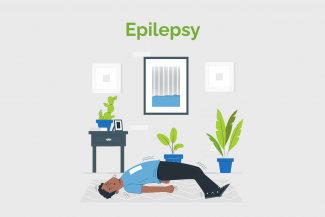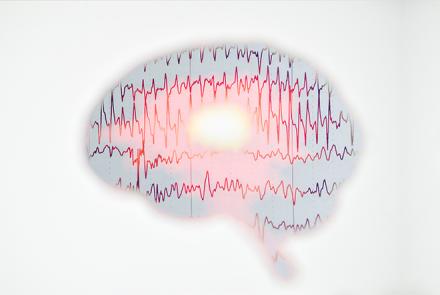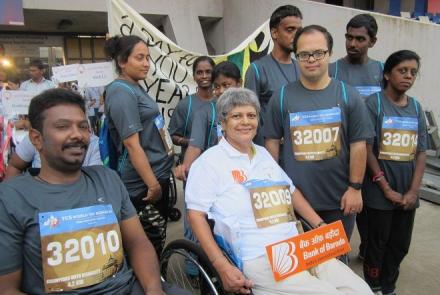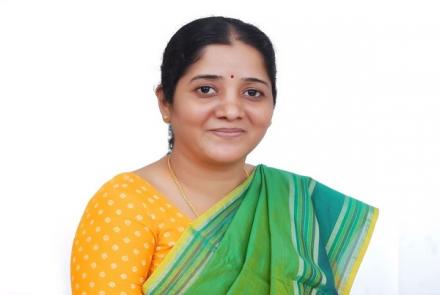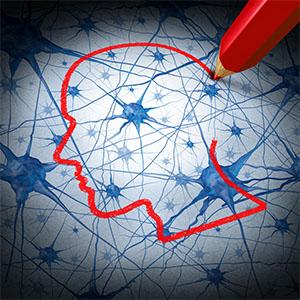
Epilepsy often needs to be managed for life. While drugs do not cure epilepsy they can help control seizures. Make sure you know whom to consult as you manage the condition. Also know first aid, safety measures and post seizure care
First Aid:
Move the sizing person away from any obstacles like furniture, electrical outputs etc.
Clear the area of any harmful or sharp objects.
Place a blanket or cushions near the person. Place a pillow below their head if possible.
Turn the person on their side so that they do not get suffocated. If they do vomit, it will not choke them.
Call for help and/or an ambulance immediately.
Do not try to stop the seizures or hold the person.
Note the time and duration of the seizure, to be reported later. You can even record the video to show to the doctor.
Watch out for seizures that last longer than 5 minutes, are repeated or are causing breathing difficulties.
Post-seizure care:
After a seizure has just ended, help the person sit up comfortably. Let the person rest. Do not offer the person any food or drink for at least 30 minutes or till the person can sit and swallow properly.
Contact their next of kin and doctor if you haven’t already done so.
Safety measures: These measures should be followed by all those who suffer from seizures - adults and children.
- Always inform your school and work place regarding your condition so that they are not caught unaware and know who to contact (next of kin or doctor) when a seizure occurs.
- Carrying a medical card or wearing an emergency bracelet is advisable
- Do not drive unless you have been seizure free for a minimum of 3 months. While riding a motorcycle or bicycle or rollerskating, always wear a helmet to keep your head protected during a fall.
- Do not go for swims alone.
- Avoid alcohol if it is a known trigger for your seizures.
- Take your medications on time. Do not stop or start any medications, supplements, alternate therapies etc. without consulting your doctor first.
Your support team: whom to consult
Your health team may include
- Epileptologist
- Neurosurgeon
- Neuro Radiologist
- Neuro Psychologist
- Social worker

